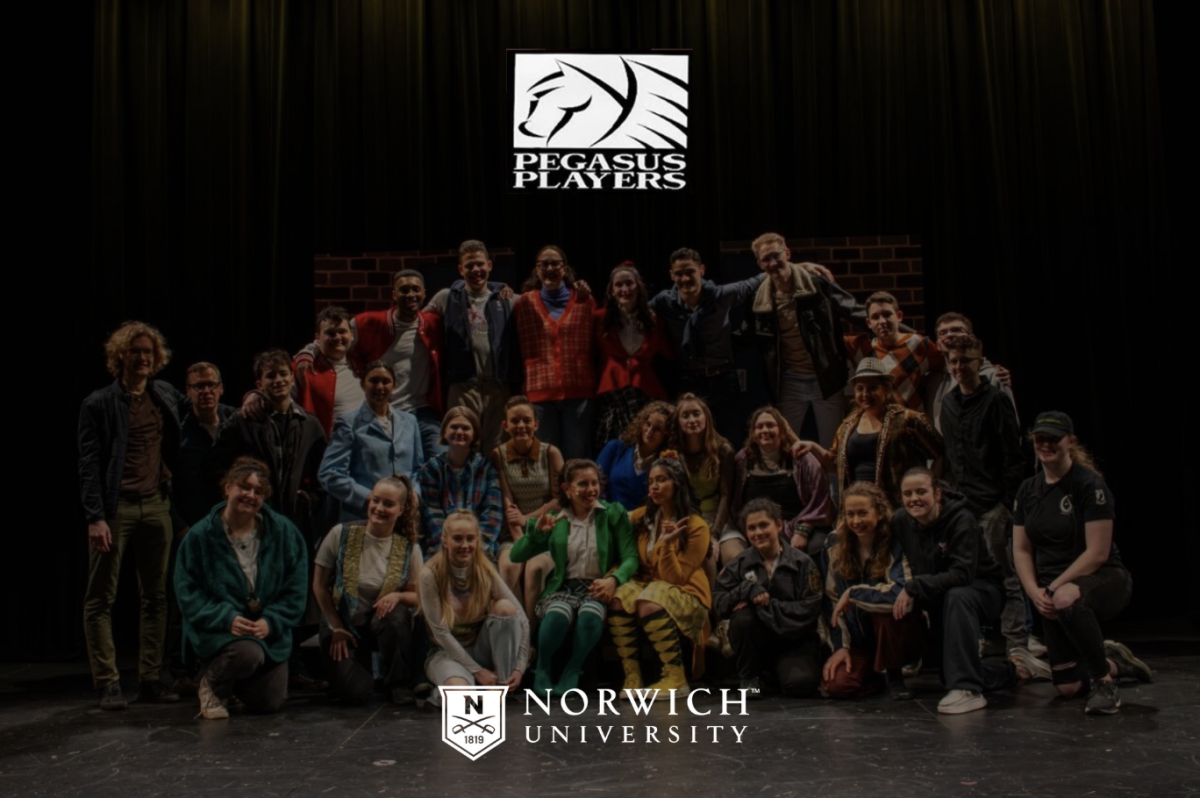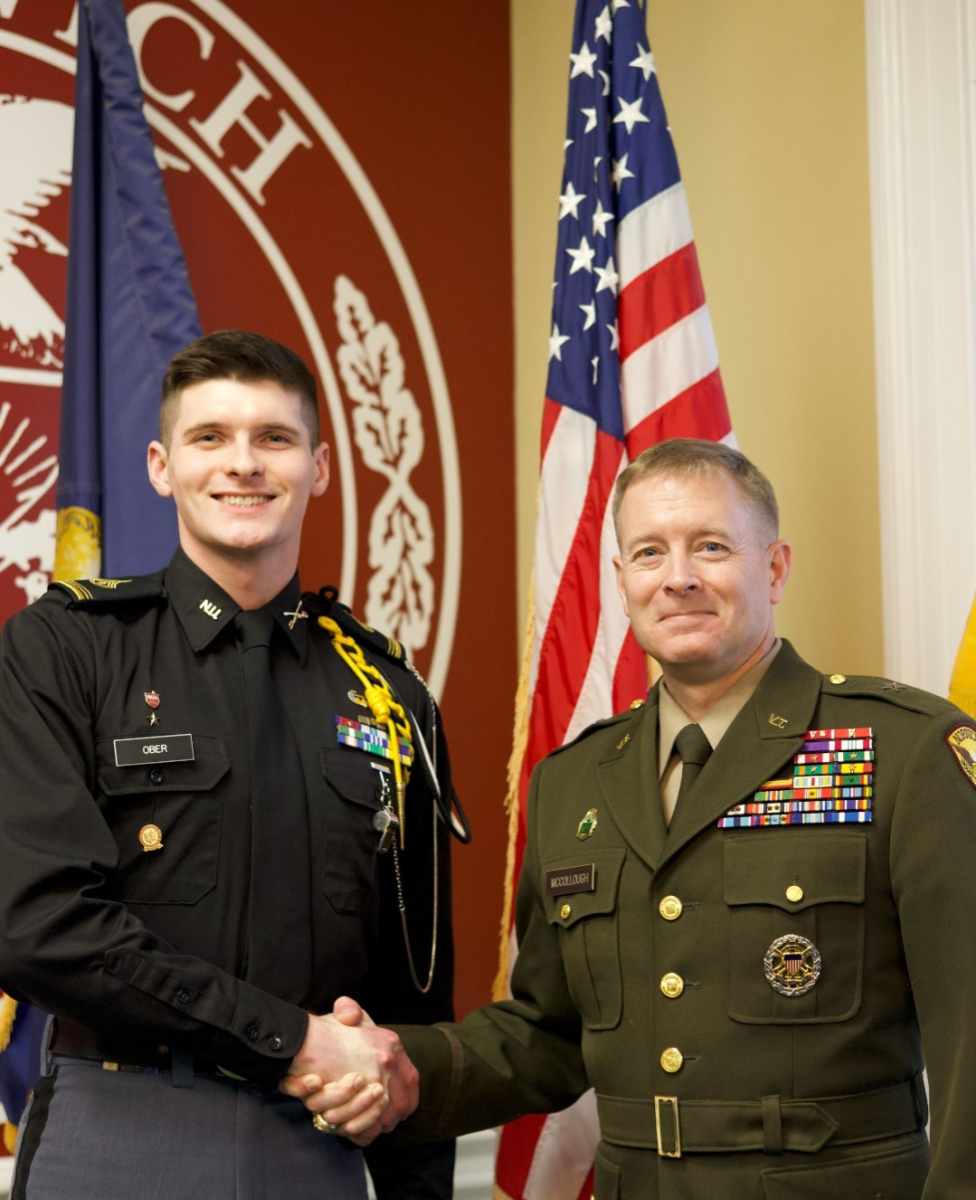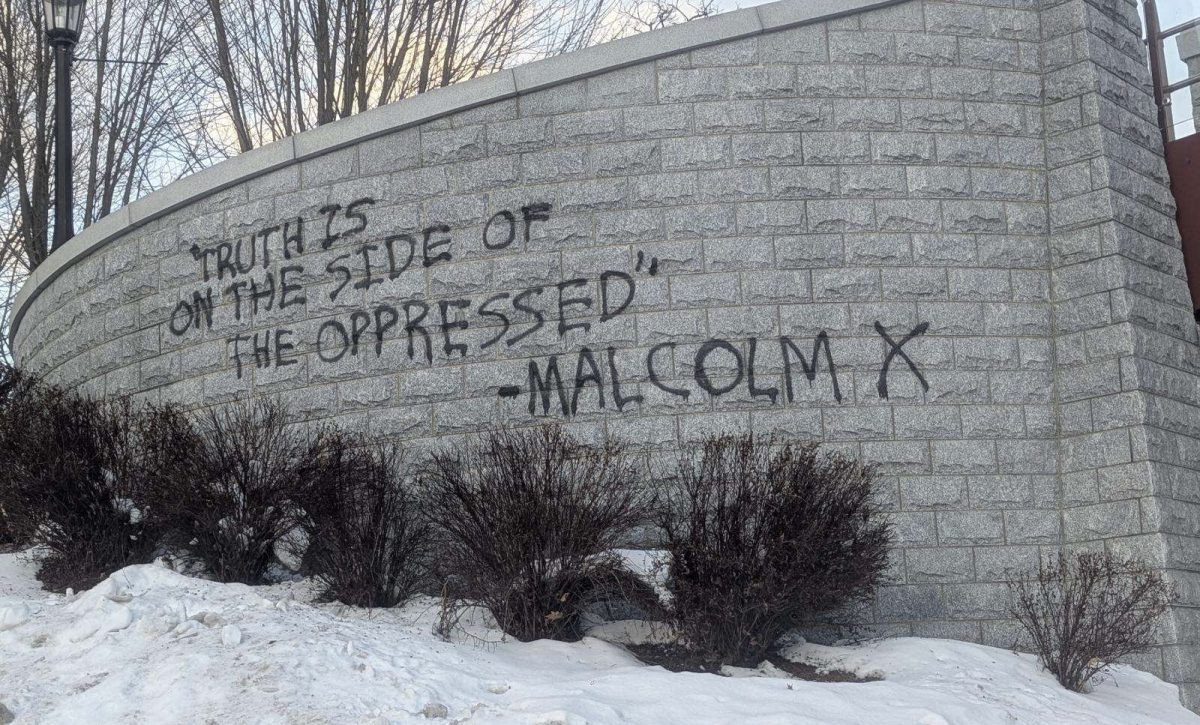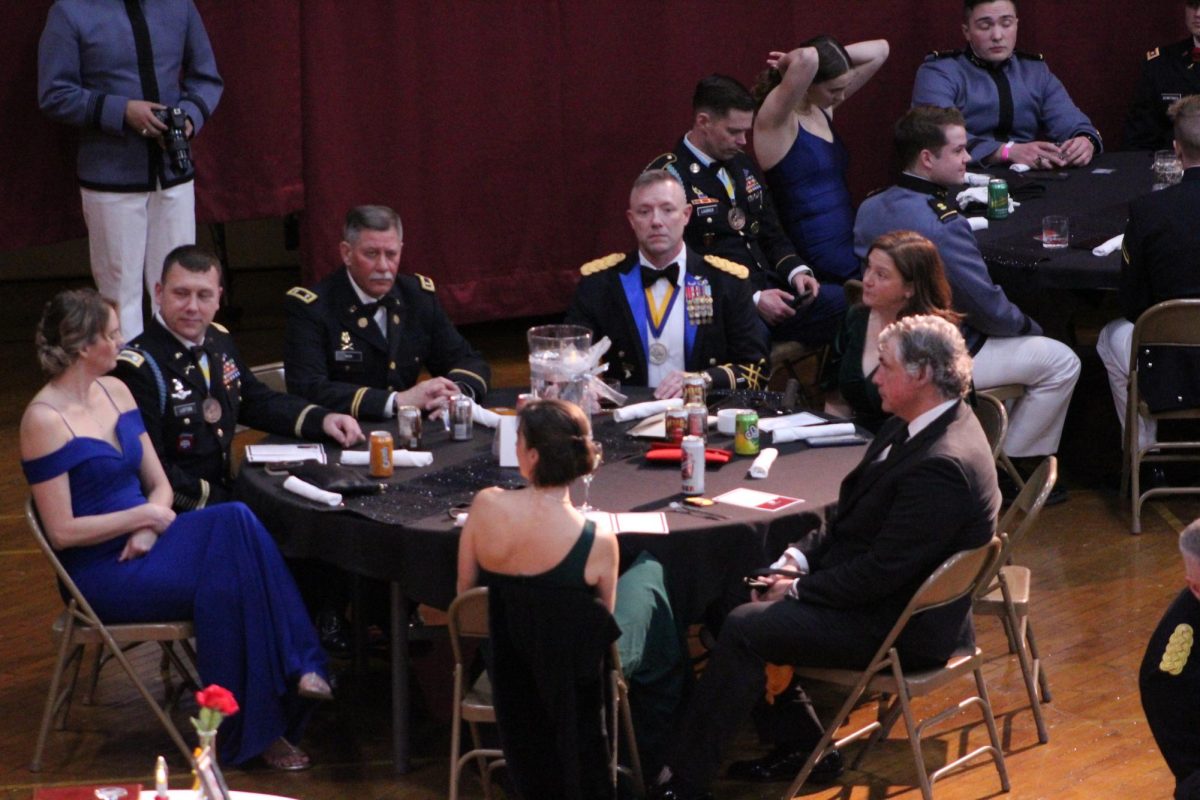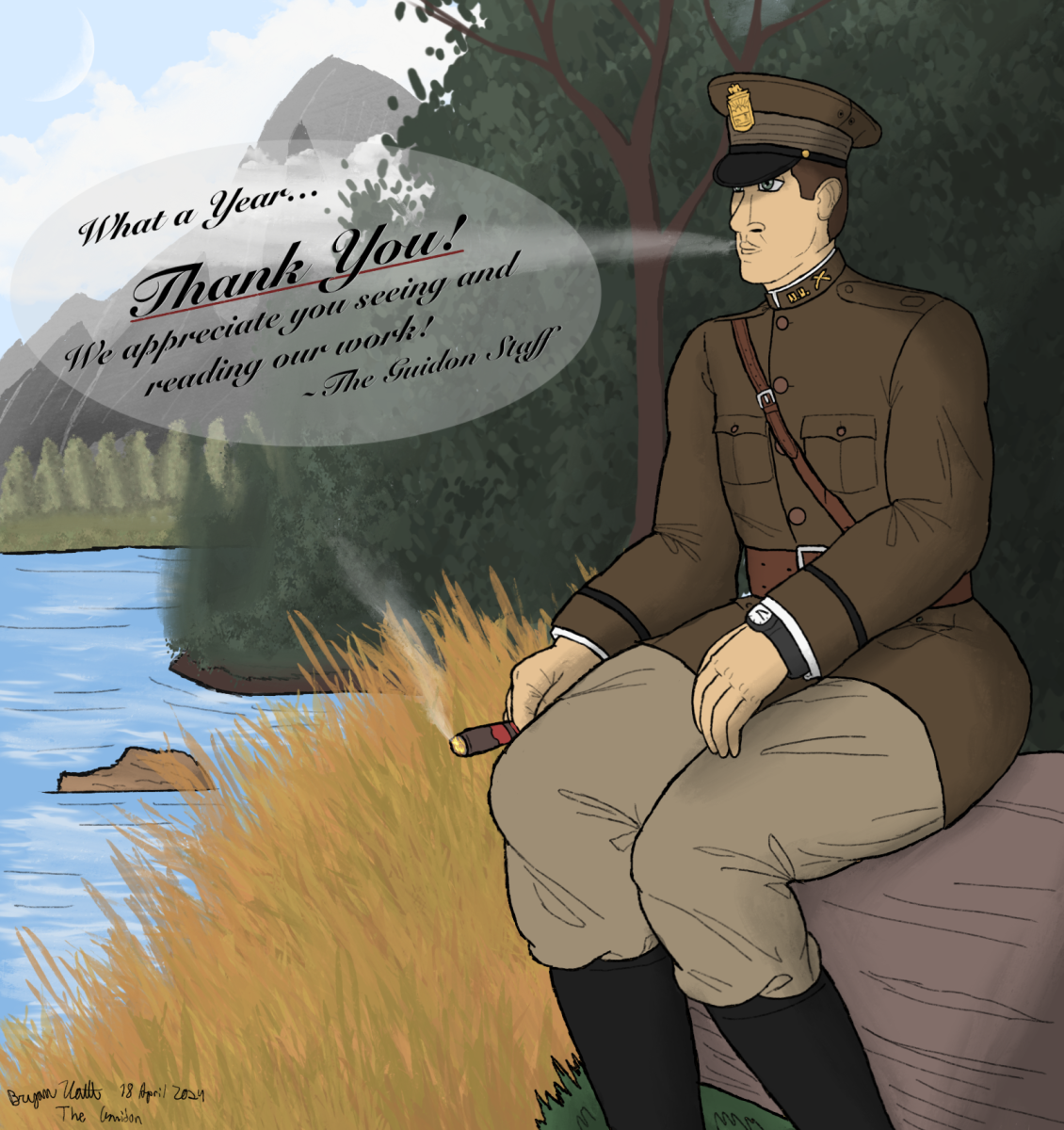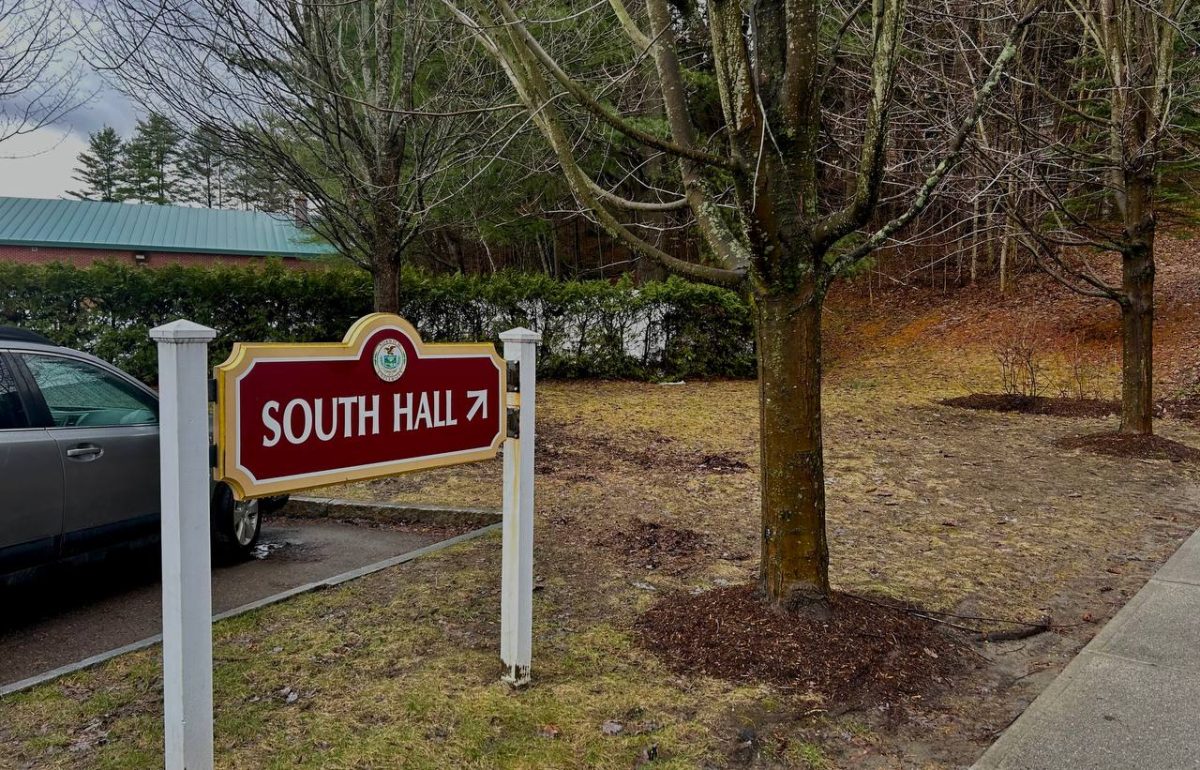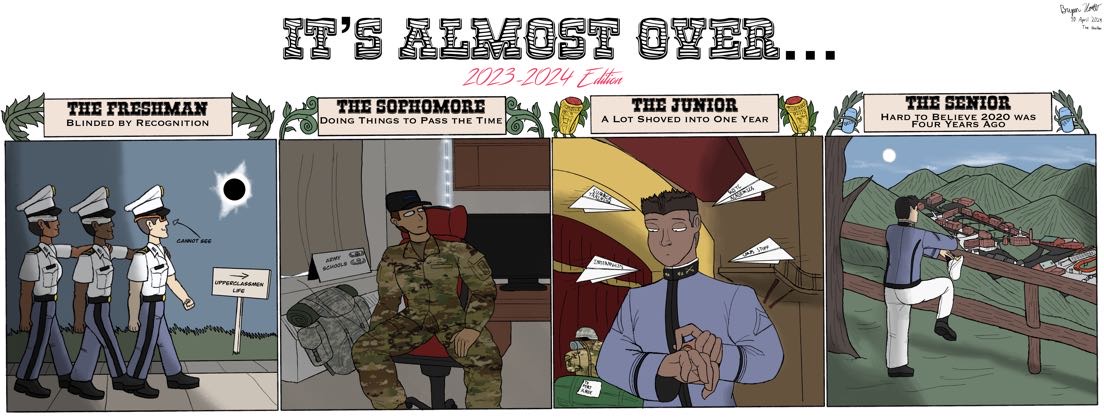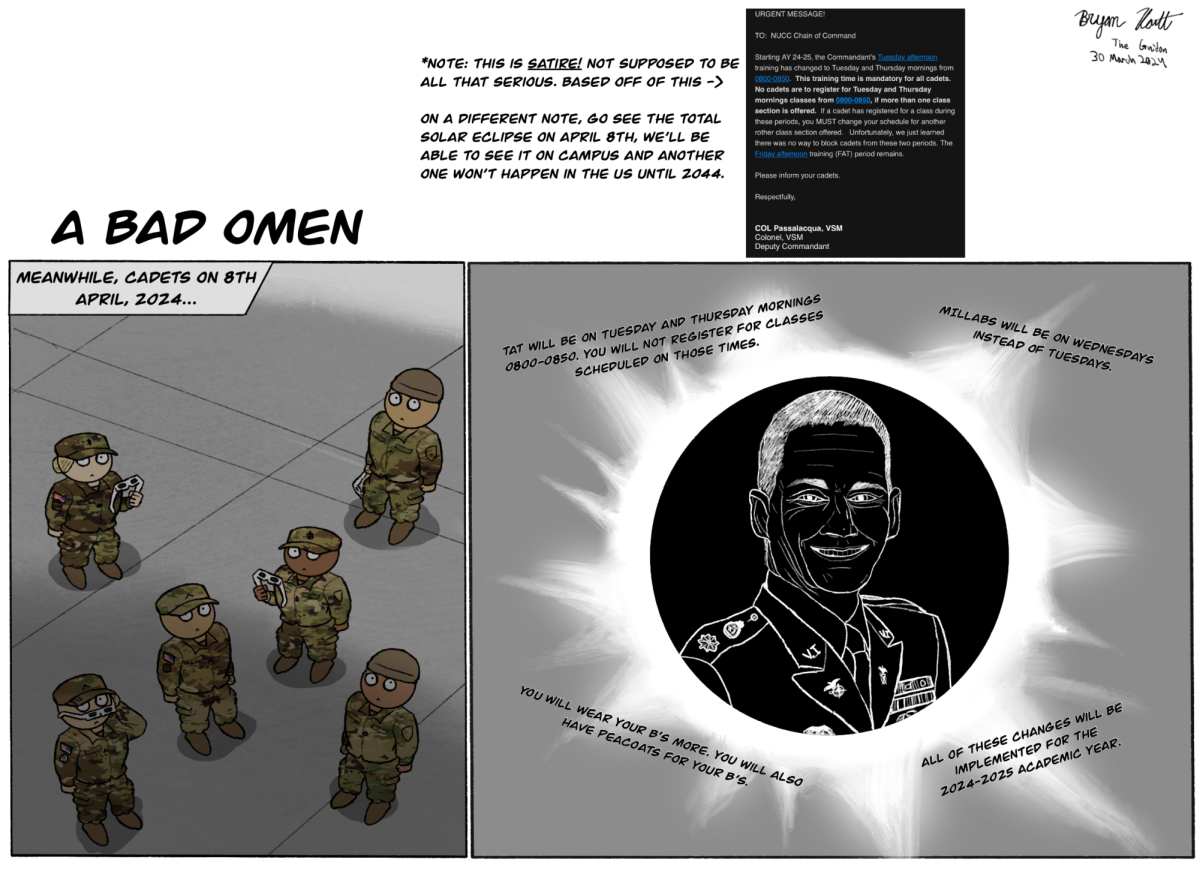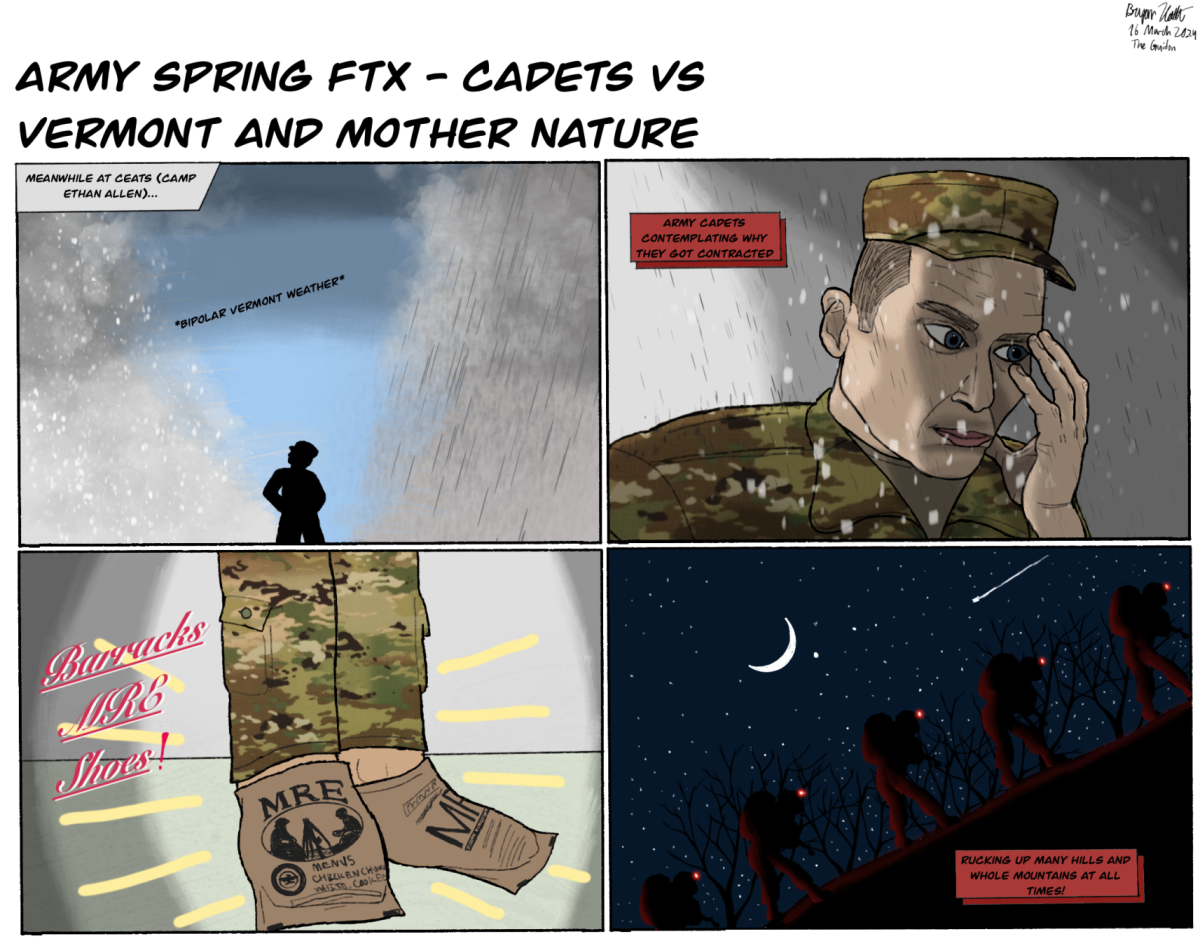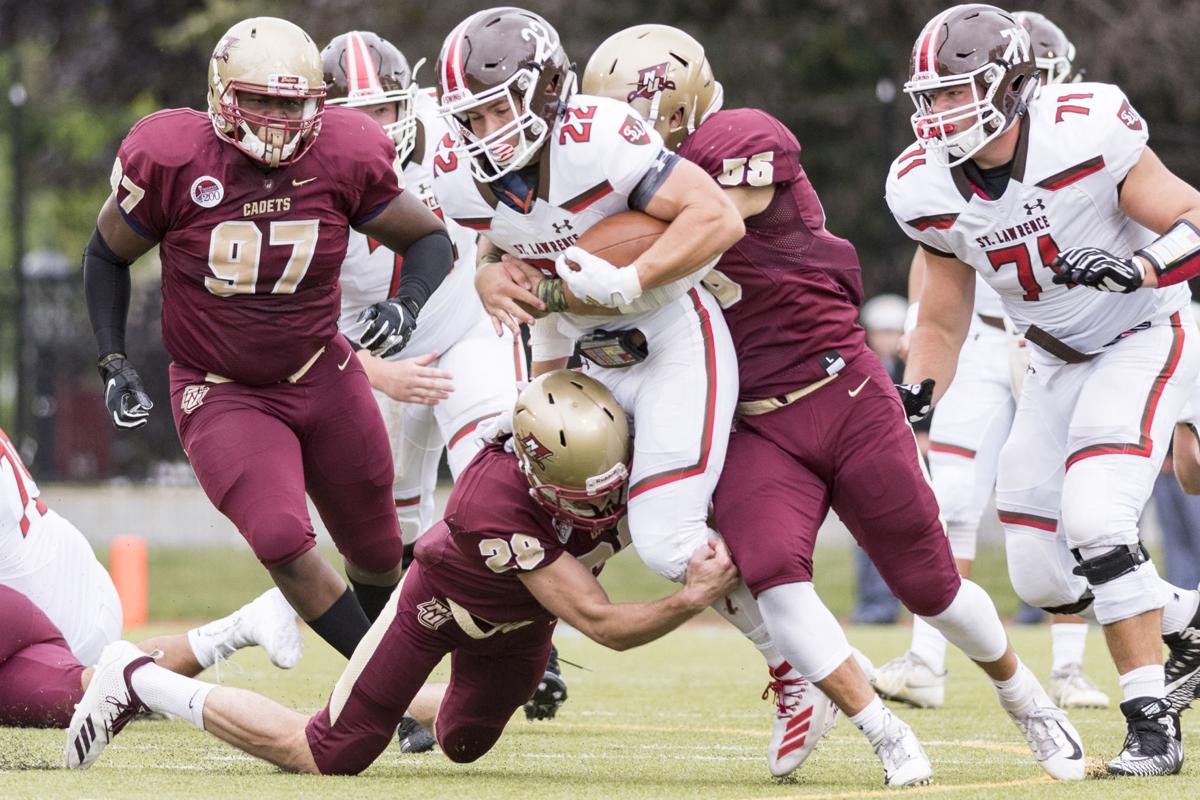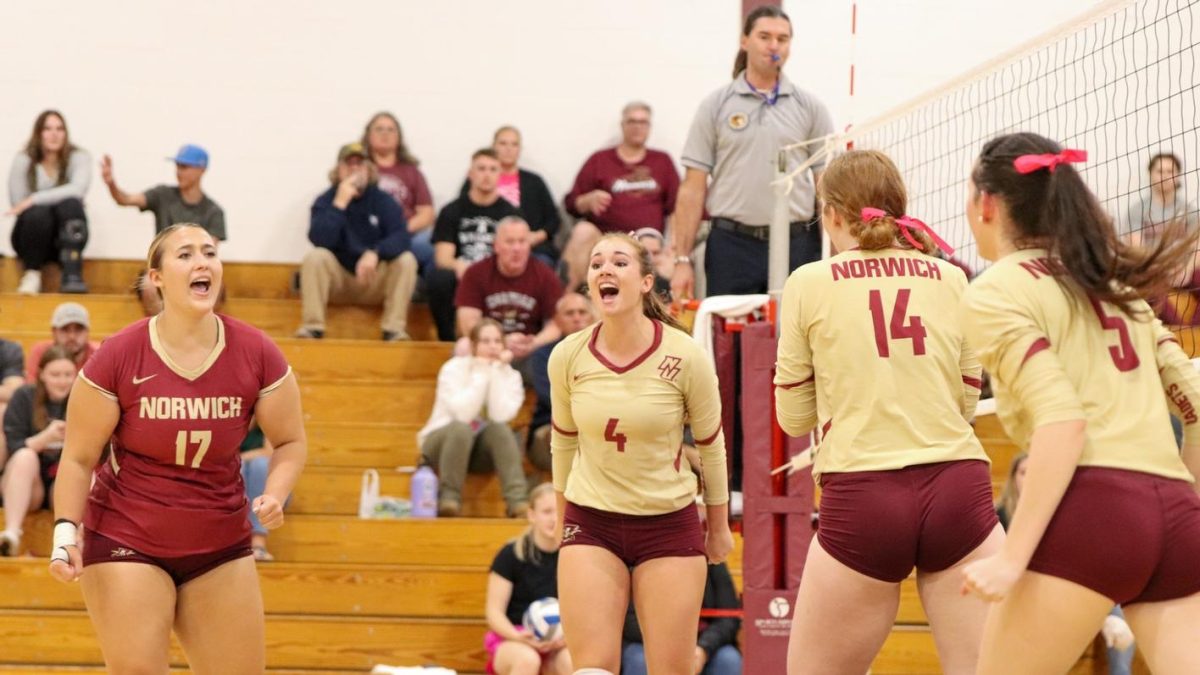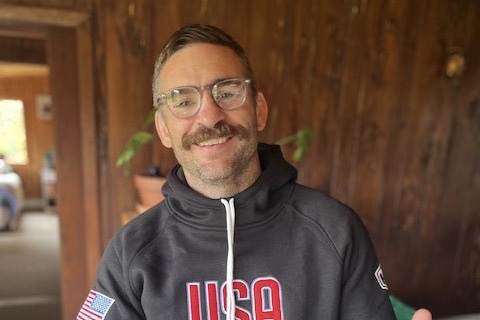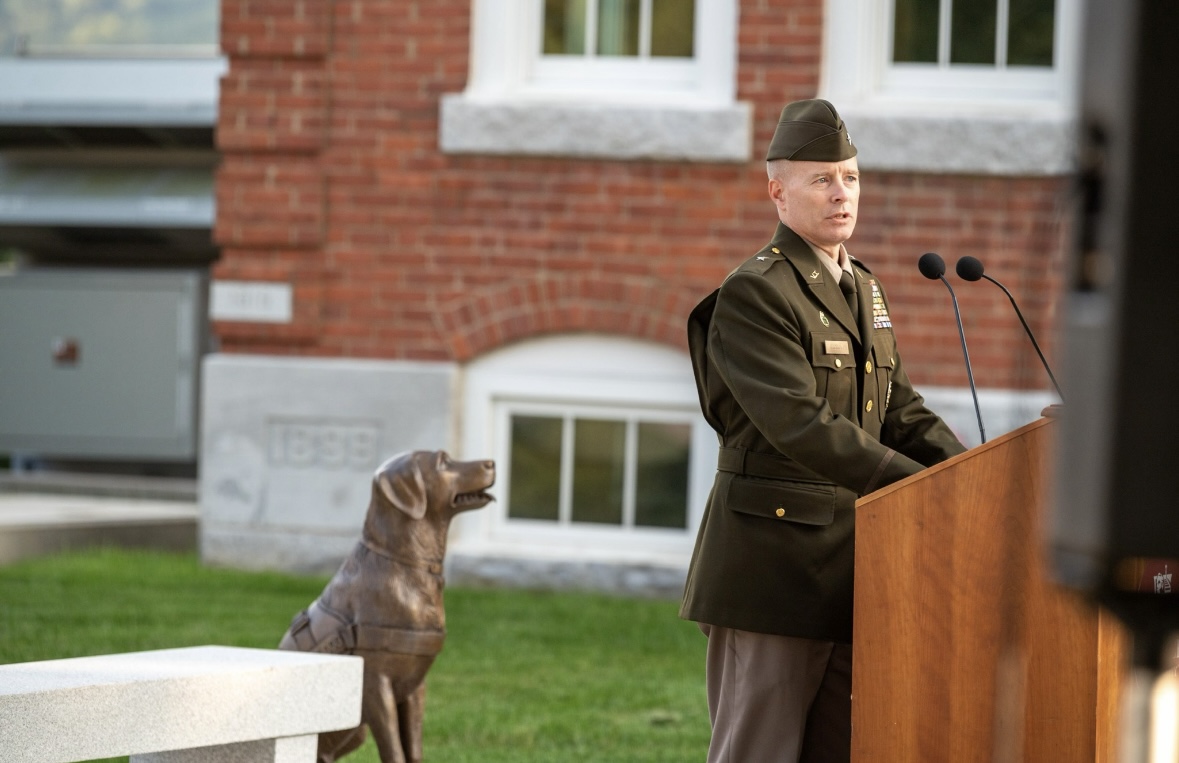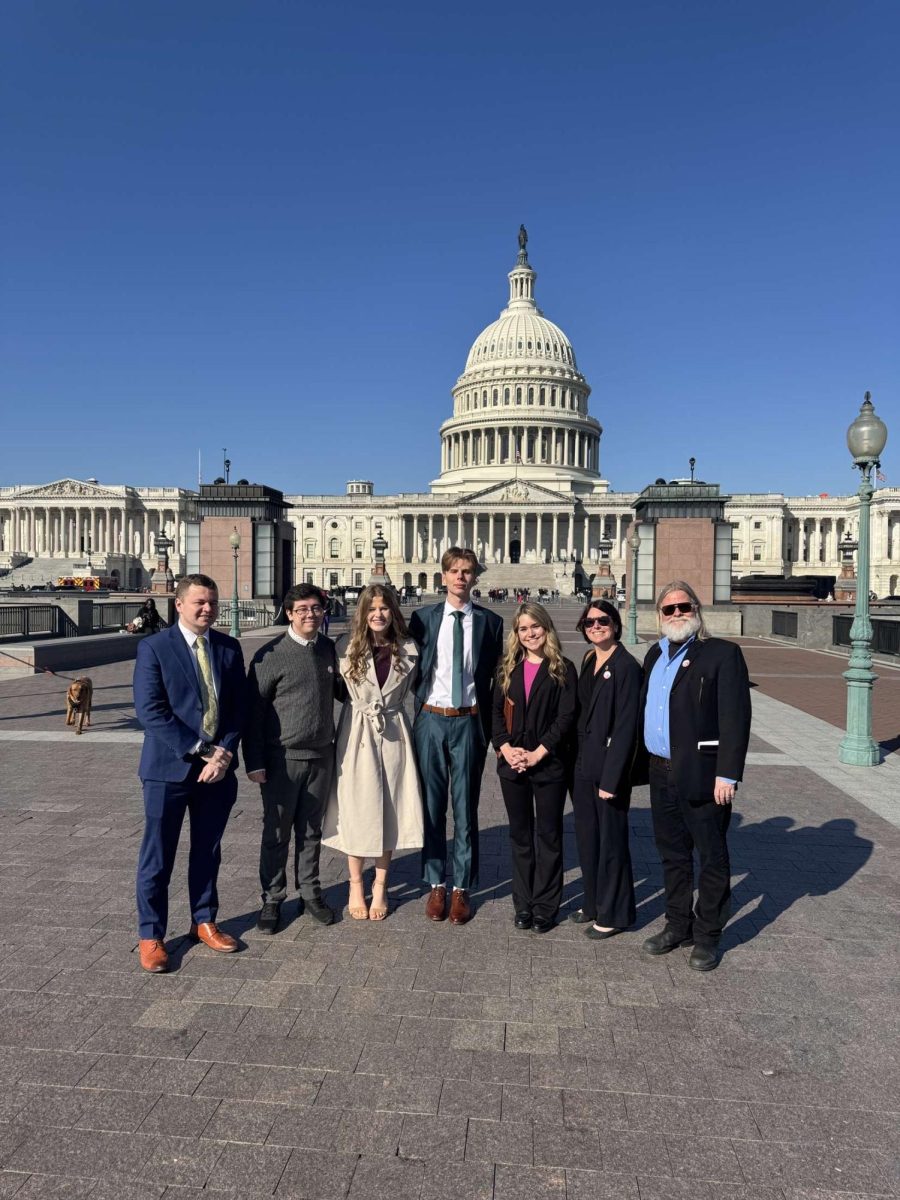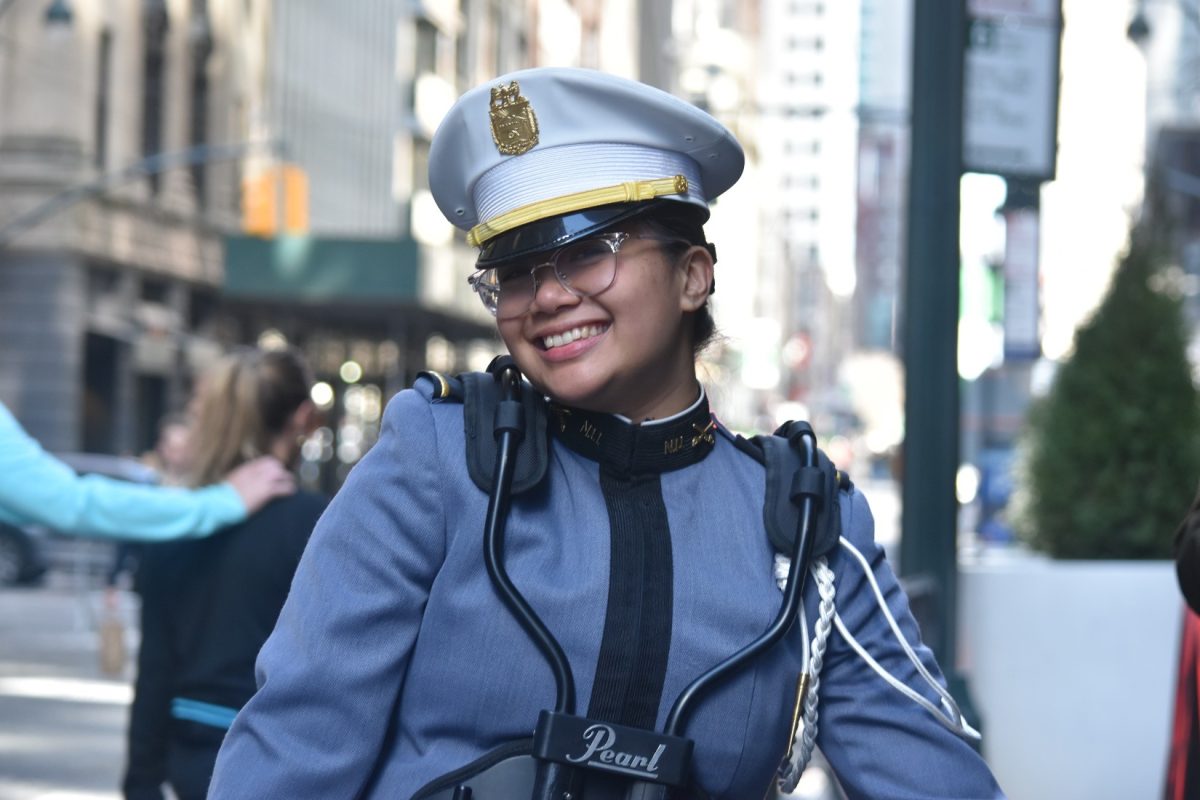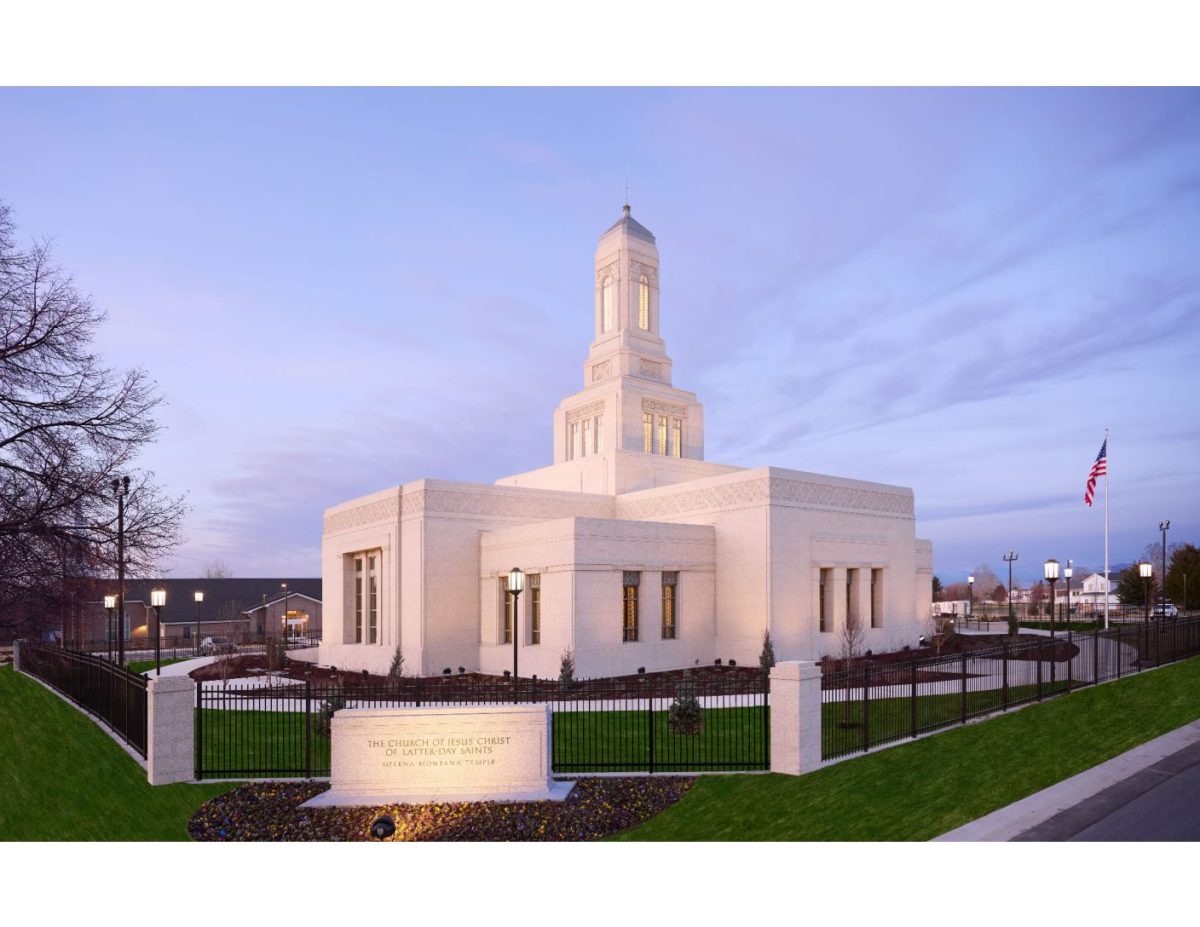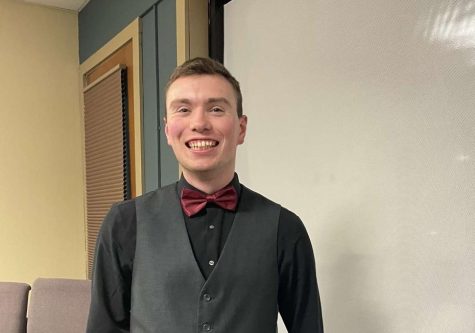While few members of The Church of Jesus Christ Latter-day Saints attend Norwich, unique problems face the religious community and the ability to practice their faith on campus.
According to figures from the official website of The Church of Jesus Christ of Latter-day Saints, roughly 4,600 members live and worship in Vermont, representing less than 1% of the state’s population. Estimates from believers on campus indicate a similarly low number of Church members at Norwich, though precise numbers are difficult to determine.
Founded on April 6th, 1830, in a small New York Community, The Church of Jesus Christ blended mainstream Christian ideas with new, strictly Latter-day Saints values.
The Church preaches abstention from consuming coffee or alcohol and prohibits its members from engaging in premarital sex. Believing these commandments to be direct revelations from God, adhering to these revelations “will result in blessings of increased physical and spiritual wellbeing.” These teachings align with modern Christian attitudes on sex outside of marriage and alcohol consumption, though few Christians oppose consuming coffee.
Theologically, the Church differs from traditional Christianity in the sacredness of The Book of Mormon and Trinitarianism.
“Mormons reject trinitarianism – the idea that God the Father, Jesus the Son, and the Holy Spirit are the same entity. This is a central tenet of mainline Christianity that was decided in early Christian councils,” said Matthew Bowman, Howard W. Hunter Chair of Mormon Studies at Claremont Graduate University.
Finally, The Church believes in The Book of Mormon as an additional sacred text revealed to Joseph Smith and required reading to fully understand Jesus Christ’s teachings. However, most Christians reject the inclusion of another holy book, believing the Bible is the sole text given by God.
The Guidon spoke with several Latter-day Saints believers on campus, with mixed feelings regarding treatment on campus; however, experiences were more positive than negative, though areas of improvement exist.
Associate Professor of History Dr. Emily Gray passionately practices her Latter-day Saints faith, including abstaining from the consumption of alcohol and coffee. While creating the possibility of being left out at events with only coffee or alcohol products available, she has almost always found other options, allowing Dr. Gray to faithfully practice her religion without feeling out of place.
“We don’t drink alcohol or coffee, but there are always plenty of alternative options at Norwich events, so that’s rarely an issue.” Furthermore, with the Church holding services on Sunday and celebrating major Christian religious holidays, she “[doesn’t] tend to run into time conflicts,” again allowing her to practice her faith without encountering additional problems with attending sermons or celebrations.
The only remotely non-positive experience Dr. Gray acknowledged was individuals asking “questions about my religious practices,” though she described those situations as more curiosity than condemnatory.
Sadly, not all Latter-day Saints believers on campus witness the same inclusion and belonging that Dr. Gray experienced. Gavin Edwards, a Sophomore Corps student serving as the Chaplain Assistant for Latter-day Saints at Norwich, had more negativity in his religious walk during first-year studies.
“[I] felt the opinions of my peers were very uneducated in regards to my [faith], and heard senior officers in the [Corps] make drastically disparaging comments about the LDS faith,” said Edwards.
While peers not understanding one’s faith may seem insignificant, consistently feeling required to explain and defend one’s religion can be exhausting and humiliating, creating an unhealthy environment for religious expression. Additionally, a lack of understanding can potentially lead to jokes and disparaging comments being made, as it did for Edwards.
This mix of general ignorance and negativity caused him to question whether he was comfortable sharing his faith with others. While Edwards is now comfortable with being outgoing about his faith, he initially “[knew] for a fact I didn’t want to tell anyone I was LDS because of that negative stigma.”
The final student who provided information for this story is John Clapp, whose experience tracked closer to Dr. Gray’s on campus.
When asked whether he has experienced disparaging remarks about his faith, he replied, “[none]… that I’m aware of.”
He also indicated that “people generally seem to be unaware of the faith on campus,” though it does not mean anything negative.
As an additional note, Clapp pressed The Guidon to use inclusive language surrounding the name of the Church. Readers interested in promoting inclusion for Latter-day Saints believers on campus could assist by carefully reviewing this section and updating the personal language used accordingly.
For the article, Clapp requested The Guidon refrain from utilizing terms like “LDS” or “Mormon”; instead, he suggested we use language such as “The Church of Jesus Christ of Latter-day Saints” or “Latter-day Saints.”
“Those nicknames take away the focus the Church has on Jesus Christ… the full name of the [Church] is believed to have been revealed by God, whereas man made the nicknames,” said Clapp when asked.
Clapp also pointed toward official Church statements on the matter. In October 2018, Church President Russell Nelson delivered a sermon entitled “The Correct Name of the Church.”
“I released a statement regarding a course correction for the name of the Church. I did this because the Lord impressed upon my mind the importance of the name He decreed for His Church, even The Church of Jesus Christ of Latter-day Saints,” said Clapp. Even though the Latter-day Saints community at Norwich is small, the University or its staff seeks to serve its members in various ways.
Dr. Gray and her husband “try to hold a Bible Study class once a week on campus.” While an informal activity, the study allows Latter-day Saints to create a community together while growing closer to God.
She has also been “…impressed with how accommodating the Corps has been to students who need to leave campus for religious reasons.” The University will work with students to identify transportation for off-campus religious services and allow rooks to leave campus for faith purposes.
Capp noted the most significant resource Latter-day Saints students have: University Chaplain Reverend Wick.
“The University has the resource of Reverend Wick that anyone who’s Latter-day Saint can connect with and get information about how to attend worship services and get transportation as needed.”
Finally, the position of Chaplain Assistant, filled by Gavin Edwards, can help Rev. Wick more effectively meet the needs of Latter-day Saints students while also serving as the primary contact to answer questions and help Latter-day Saints believers directly.
Among the individuals interviewed, several suggestions were offered on how Norwich could further support believers on campus.
For Clapp, only one policy change came to mind when asked. While there “are [Bibles] available in the chapel [,] which is a religious text for Latter Day Saints, but no Book of Mormons which is a key scripture for our faith.”
Purchasing even just a few copies of the Book of Mormon would satisfy the necessity for theological and personal study; providing this text in the Chapel would allow interested non-Latter-day Saints believers to engage with a free physical copy of the sacred text.
This lack of available copies in the Chapel stems from no requests being made rather than the University turning down asks in the past, as Clapp is “sure that Rev Wick would be willing to supply some [if] requested.”
Edwards seconded the importance of having physical copies of the Book of Mormon, though he also noted that budgetary restrictions come into play here.
Furthermore, Edwards also offered several suggestions the University could follow to meet the needs of Latter-day Saints members on campus. Included in his proposal was asking Norwich to “[help]… establish a service on campus” and “increasing attention to the missionaries on campus so they can talk to LDS members.”
He also cast blame on the University for allowing the negative stigmas of The Church to continue. However, it is difficult to imagine how Norwich could successfully solve the problem of how individuals view a particular religion.
When asked for her thoughts, Dr. Gray provided three ideas: making transportation available for off-campus religious services, creating space and funding for campus religious meetings, and Norwich working towards making everyone feel a sense of belonging.
“I think everyone at Norwich should feel like they belong there, not just those who are members of dominant religious or ethnic communities.”


